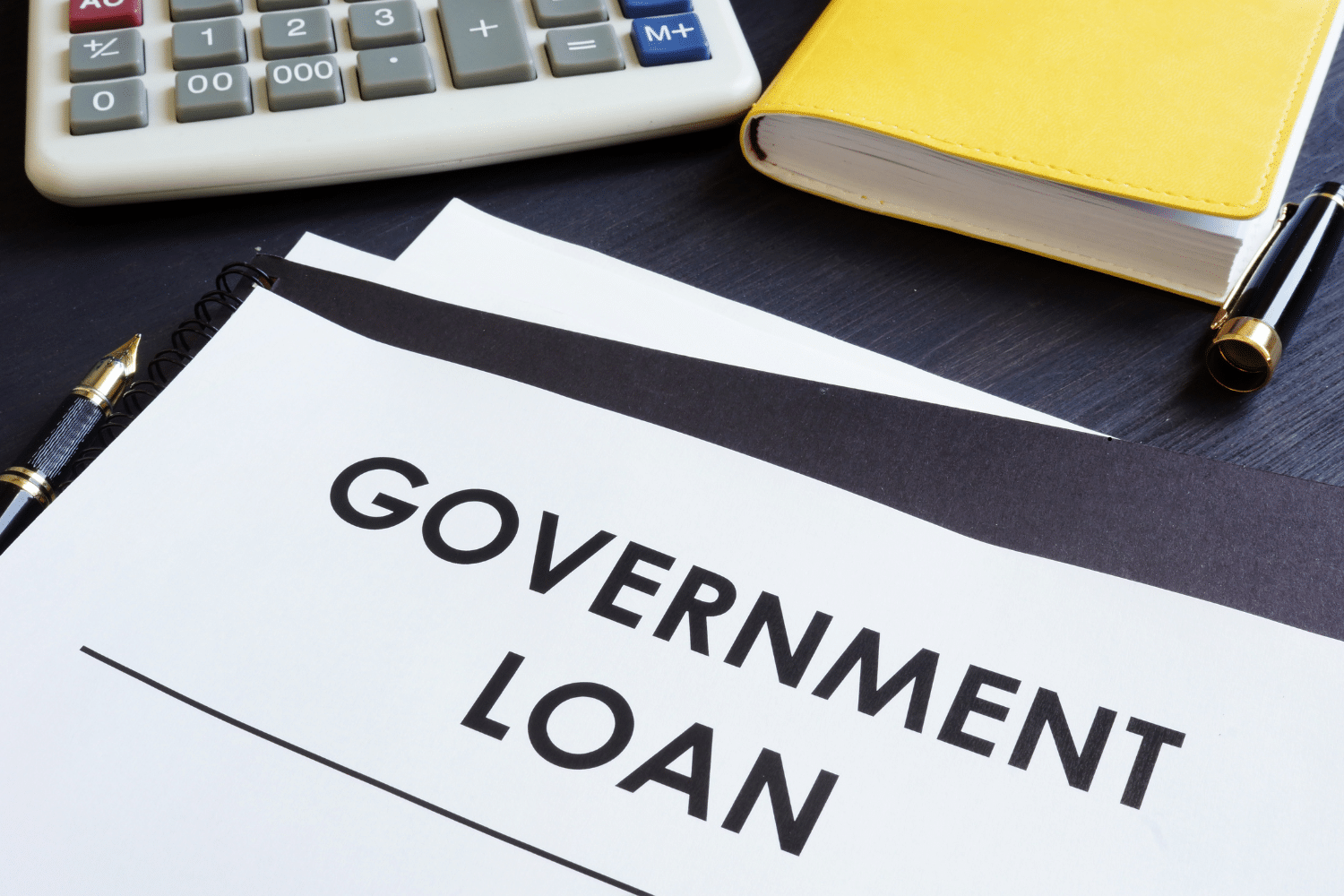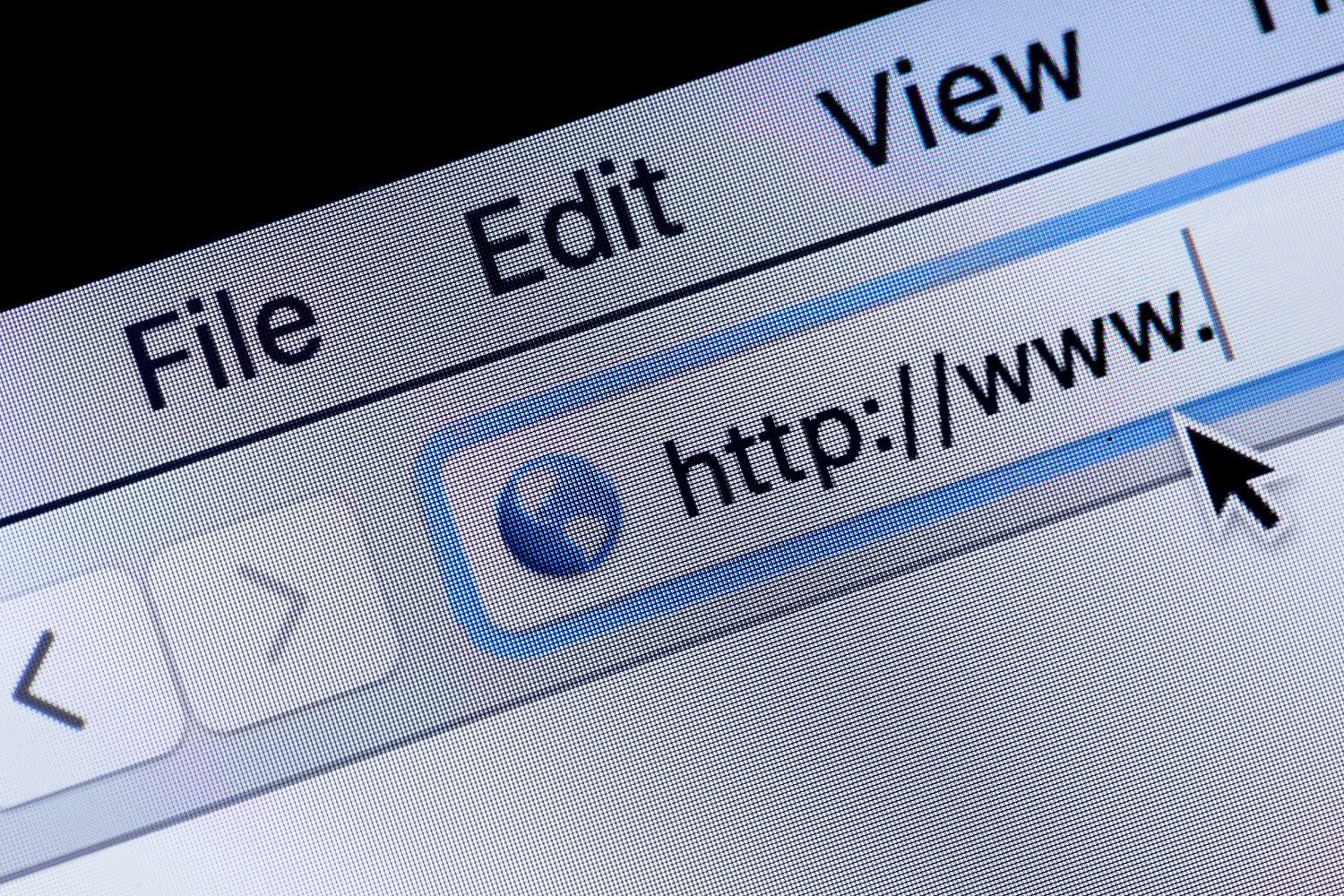Need help with your utility bills? Utility bill grants can provide the financial relief you need. Learn about different programs, eligibility requirements, and how to apply.
Key Takeaways
- Utility bill grants provide financial assistance to low-income households, aiming to alleviate energy expenses and ensure livable conditions during extreme weather.
- The Low Income Home Energy Assistance Program (LIHEAP) offers crucial support for eligible households in managing heating and cooling costs and preventing utility shut-offs during energy crises.
- Various state-specific and utility company assistance programs are available, each catering to the unique needs of residents while offering financial aid to help manage energy costs.
Understanding Utility Bill Grants

Utility bill grants are financial aids designed specifically for low-income households to help them cover their energy expenses. These grants target families that spend a significant portion of their income on energy bills, aiming to alleviate financial burdens. These grants offer much-needed relief, ensuring homes remain livable, especially during extreme weather conditions.
Eligibility for utility grants often depends on income levels and household size, ensuring that the most vulnerable receive assistance. Funds from these grants can be utilized for various energy-related costs, including heating and cooling bills.
Different states offer unique programs tailored to local needs, making it essential to research state-specific options.
LIHEAP: A Lifeline for Low-Income Households

The Low Income Home Energy Assistance Program (LIHEAP) is a federally funded program aimed at helping low-income households manage their energy needs. This program provides financial assistance for heating and cooling bills and offers emergency services during energy crises. For many families, LIHEAP is a crucial resource that can prevent utilities from being shut off during extreme weather conditions.
LIHEAP funding helps eligible households manage their energy bills during winter and summer extremes, ensuring they remain safe and comfortable. The program also assists with crises, weatherization, and minor energy-related repairs. LIHEAP improves energy efficiency, helping to reduce immediate costs and contribute to long-term savings.
Eligibility for LIHEAP assistance is primarily determined by household income. Individuals can determine their eligibility by contacting their local energy agency and applying through the specified process. Outreach partners can use the LIHEAP Toolkit to connect eligible families with the assistance they need.
State-Specific Utility Assistance Programs
Different states offer unique utility assistance programs tailored to the needs of their residents. These programs provide financial assistance to families facing temporary financial hardship, ensuring that they do not have to choose between essential needs and paying their utility bills. Some utility companies also offer assistance for specific populations, including seniors and disabled individuals.
Let’s explore some of the state-specific programs that can provide significant relief for eligible households.
California: Energy Assistance Fund
California’s Energy Assistance Fund is designed to help eligible low-income households cover their energy costs. Applicants must meet specific income thresholds to qualify for this financial assistance. The fund helps families manage their utility bills, ensuring that they can maintain a comfortable living environment.
The Energy Assistance Fund aids with heating and cooling costs, helping families navigate energy crises and reducing the risk of utility shut-offs.
Ohio: Home Energy Assistance Program (HEAP)
Ohio’s Home Energy Assistance Program (HEAP) provides support for both heating and cooling costs based on household income. This program is designed to ensure that low-income households can afford their energy bills, particularly during extreme weather conditions.
HEAP offers temporary assistance to eligible households, helping them manage their energy costs and avoid the risk of disconnection. This support helps maintain the health and safety of Ohio residents.
New York: Home Energy Assistance Program (HEAP)
New York’s Home Energy Assistance Program (HEAP) offers financial assistance to eligible residents to cover heating and cooling costs, including regular and emergency benefits. Eligibility is determined by household income, size, and the primary heating source.
For the 2024-2025 program year, the maximum gross monthly income for a one-person household to qualify for HEAP is $3,322. Emergency HEAP benefits are available for households facing immediate heating crises, such as running out of fuel or having utility services shut off.
HEAP also provides benefits for heating equipment repair or replacement, covering costs up to $8,000 for replacements. Additionally, Cooling Assistance benefits help households purchase and install air conditioning units or fans, with costs not exceeding $1,000 for installation.
Utility Company Assistance Programs

Utility companies often offer their own assistance programs to help customers manage their energy bills. These programs can provide support for electric, natural gas, and water bills. They are often funded through customer donations, utility contributions, or shareholder support. Utility provider assistance programs can also be beneficial for those in need.
When applying for utility company assistance programs, proof of household income may be required, and disconnection status could be a factor in eligibility for low income customers. Detailed information about specific programs can be found on utility companies’ websites or by contacting their customer service departments.
American Electric Power (AEP) Neighbor-to-Neighbor Program
The AEP Neighbor-to-Neighbor Program is designed to assist low-income households with their energy bills. To be eligible, households must be at or below 200% of federal poverty guidelines. The program provides a discount of 18% on electricity bills and offers assistance up to $350.
This program is a valuable resource for those struggling to pay their electric bill, ensuring that they can maintain essential energy services.
Dominion EnergyShare Program
Dominion’s EnergyShare Program provides financial assistance to eligible households facing energy costs. Eligibility requirements include household earnings at or below 300% of federal poverty guidelines, and a disconnection notice or the household must be currently inactive. The program offers benefits of up to $300 for eligible households.
The EnergyShare program became available December 1, 2023. It will continue through May 31, 2024, or until the funds are exhausted.
Duke Energy Share the Light Fund
The Duke Energy Share the Light Fund provides assistance to households based on need, with eligibility requiring disconnection status. PIPP Plus customers are ineligible until funds become available. This will be after March 31, 2024. To apply, individuals can either apply online or call the Share the Light hotline.
The fund will be accessible beginning January 16, 2024. It will remain available until the funds are depleted.
Non-Profit Organizations Offering Utility Assistance

Non-profit organizations play a crucial role in providing utility assistance to low-income households through human services. These organizations offer various programs to help individuals and families manage their utility bills during financial crises. Programs like HeatShare, managed by The Salvation Army, and emergency assistance provided by Catholic Charities are lifelines for those in urgent need of energy assistance.
The Salvation Army HeatShare Program
The HeatShare program is an emergency utility assistance program managed by The Salvation Army. It focuses on helping individuals and families cover their energy costs, particularly during the winter months. Most Salvation Army operation centers in Minnesota and North Dakota offer the program. It is widely accessible in those locations.
Eligibility for the HeatShare program requires proof of denial from other assistance programs, emphasizing financial need as the primary criterion. The average financial aid provided amounts to approximately $400 per household.
Catholic Charities Emergency Assistance
Catholic Charities offers emergency utility assistance to families and individuals facing immediate financial crises related to utility bills. The application process often includes a review of income and household size to determine eligibility. This assistance plays a crucial role in providing relief to families at risk of utility disconnection due to financial hardships.
Weatherization Assistance Programs (WAP)
The Weatherization Assistance Program (WAP) aims to enhance a home’s energy efficiency to help low-income families save on heating and cooling expenses. Funding from WAP is utilized to improve the energy efficiency of homes through various assessments and interventions.
Consider applying for weatherization assistance to improve your home’s energy efficiency and reduce long-term utility costs. These solutions make homes healthier and safer while reducing energy costs for eligible households.
Crisis Intervention and Emergency Aid
Emergency contingency funds may be allocated to support households during crises, such as natural disasters or extreme weather conditions. The Energy Crisis Intervention Program (ECIP) assists households in crisis, such as receiving disconnect notices.
Emergency utility assistance may cover costs for:
- Electricity
- Gas
- Water
- Emergency furnace repairs
To qualify, applicants must meet specific income guidelines and may need to demonstrate payment arrangements.
Applying for Utility Bill Grants: Step-by-Step Guide

Start by determining eligibility for utility bill grants, which typically depends on your household income and size. Gather necessary documentation such as income verification, utility bills, and identification before starting the application process.
Complete the application form accurately and submit it by the deadline specified by the program. Follow up with the program administrators to confirm receipt and check on the status of your application.
Tips for Managing Energy Costs
Using energy-efficient appliances can significantly lower your electricity consumption. Proper insulation and air sealing of your home can enhance its energy efficiency and reduce heating costs. Implementing advanced power strips can help manage and reduce ‘vampire loads’ from electronics.
Consider using time-based electricity rates to save by shifting energy consumption to off-peak hours. Regularly assessing your home’s energy consumption can help identify areas for improvement and savings.
Summary
Utility bill grants and assistance programs are essential resources for low-income households. Programs like LIHEAP, state-specific initiatives, utility company assistance, and non-profit organizations provide vital support to ensure homes remain livable.
By understanding and utilizing these resources, families can manage their energy costs more effectively and avoid the stress of potential disconnections. Remember, assistance is available, and taking proactive steps can make a significant difference.
Frequently Asked Questions
To obtain government assistance for your electric bill, you can apply for the Low Income Home Energy Assistance Program (LIHEAP), which helps low-income households with energy costs. For assistance, contact the LIHEAP hotline at 866-857-7095 or the National Energy Assistance Referral number at 1-866-674-6327.
To obtain money for paying your bills, consider selling items online or holding a yard sale to generate cash quickly. Additionally, reach out to local charities or utilize government resources for potential assistance.
To determine your eligibility for utility bill grants, assess your household income and size against local criteria. It is advisable to contact your local energy agency for precise information.
LIHEAP provides assistance with heating and cooling bills, emergency services, and supports weatherization and minor energy-related repairs. This program aims to help low-income households maintain utility services and enhance energy efficiency.
Yes, there are various state-specific and utility company programs specifically designed to assist seniors and disabled individuals. It’s advisable to explore these resources to find suitable assistance options.









